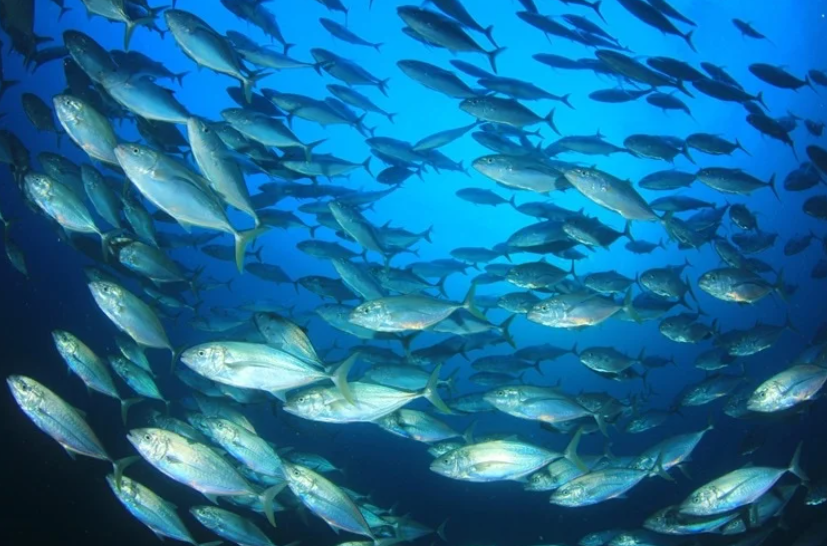Background
The aquatic ecosystem is highly susceptible to climate change and other environmental factors, including residual toxins. Pollution of the marine environment can alter the ocean’s biological, physical, and chemical states, which in turn can severely affect the marine ecosystem and marine wildlife.
The Pacific covers about 28% of the Earth’s surface and is among the world’s five largest and deepest oceans. From 2003 to 2012, the number of chemical pollutants entering the Pacific Ocean has increased by 50%. Given its significant impact on food safety, food security, and human health, marine pollution has become a significant public health concern worldwide.
Read more: news-medical.net
Photo: news-medical.net


Leave a Reply